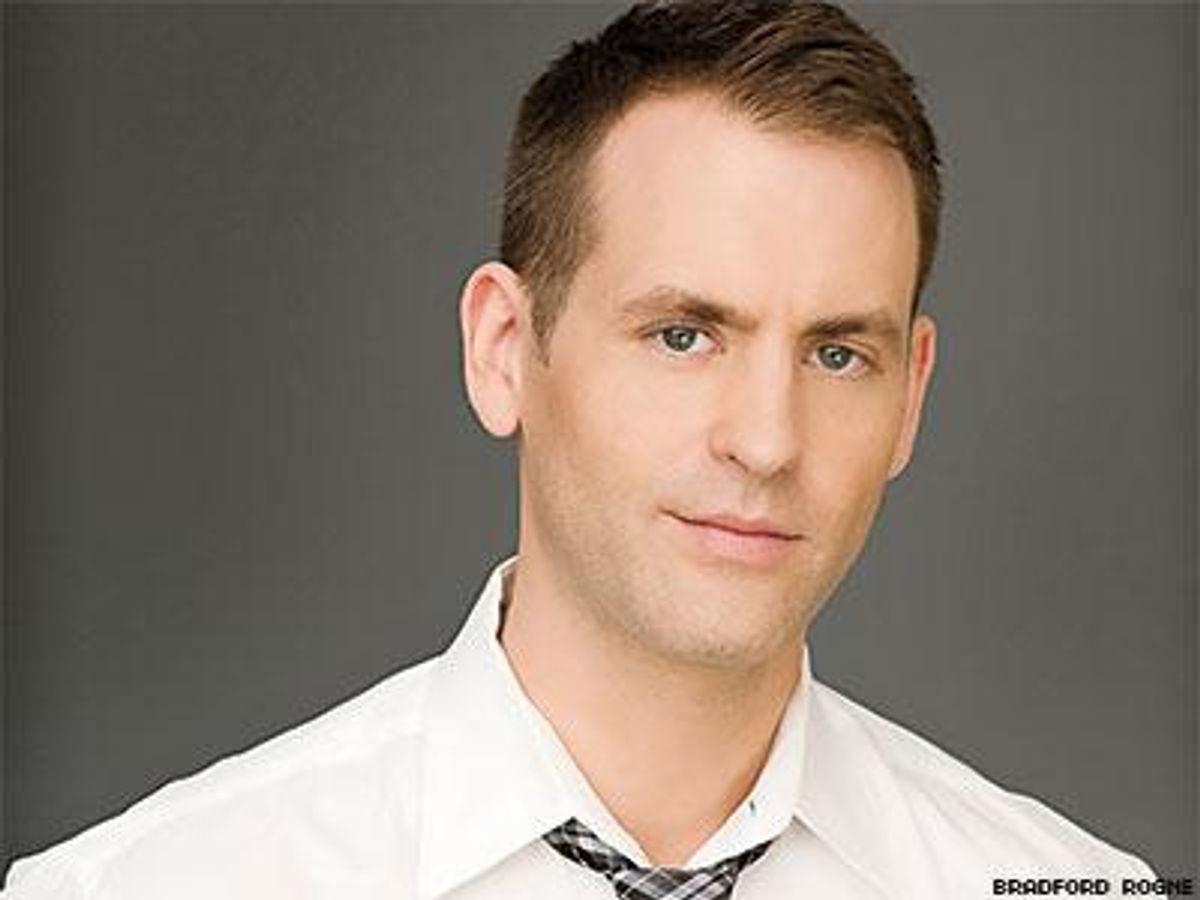The backlash is a tried-and-true trope in American culture. Actors Penelope Cruz and Javier Bardem, and One Direction boy-bander Zayn Malik (the cute one), all experienced a backlash for their expressed views on the crisis in Gaza. There are the "coal rollers" who enact their backlash to the green movement (and Prius owners and Obama, generally) by outfitting mini-monster trucks with extra gas-guzzling chimneys to belch out clouds of inky smoke. Someone more invested than I in the Teenage Mutant Ninja Turtles universe could explain the potential effects of a Michael Bay backlash on the film's blockbuster prospects. Democrats hope to fill campaign coffers in a backlash to the Supreme Court's Hobby Lobby decision. And Susan Boyle, Lana Del Rey, and Vampire Weekend are all musical acts that have experienced a backlash to the backlash over the qualities of their performances, audiences, or taste level. The backlash isn't always a consequential thing, even if it's sometimes a real thing.
Recently, we lost a battle in Tennessee and had a setback in Texas. Are we experiencing a backlash in the steady progress on LGBT rights?
In August, the residents of Chattanooga, Tenn., in a landslide vote of 13,685 to 8,184, elected to repeal the city ordinance that extended essential protections to LGBT municipal employees. The vote also repealed domestic partner benefits for city workers. The protections had been enacted by a recent city council vote.
In Houston, a recently adopted anti-bias law covering LGBT Houstonians was the subject of a repeal petition. The city's out mayor, Annise Parker, determined that the petition was invalid and consequently the repeal could not go on the ballot. However, petitioners fought the decision, and the mayor suspended the ordinance at least until a mid-August judicial review.
Meanwhile, bigots continue to mouth off: Texas governor and White House hopeful Rick Perry likened homosexuality to the disease of alcoholism; an apocalyptic radio host named Rick Wiles said, "Ebola could solve America's problems with atheism, homosexuality, sexual promiscuity, pornography, and abortion"; and the Duck Dynasty patriarch continues to sermonize about the evils we represent to his ilk. But elections and actions by a mobilized population are quantitatively different than blowhard rhetoric. We've been on an incredible winning streak. Presbyterians voted to allow same-sex marriages; corporations are taking their equality measures global; we've seen a perfect score of more than 30 courtroom wins striking down marriage equality bans post-Windsor. Can the casual observer be faulted for thinking we're unstoppable?
Should losses and setbacks be interpreted as small interruptions in the tidal wave of progress, or should they be viewed as evidence of a much-predicted backlash? Applying the simplistic glass-half-empty-or-full temperament test, if I view Chattanooga and Houston as setbacks I am an optimist. After all, not everyone has come around fully on our issues, but most of them probably will (the evidence suggests that retrograde attitudes are quite literally dying off). If I view them as a backlash, I am the pessimist, seeing these actions as Rush Limbaugh and Antonin Scalia do, proof that the country doesn't want us to have the rights we've fought to claim.
Given our successes (see our reporting on some of those topics in this issue), and the fact that blowhard rhetoric is news primarily because of its sheer disconnected outrageousness, it's plain to me that setbacks, though real and in need of guarding against, are just temporary. The backlash? Not a real thing.


















































































Viral post saying Republicans 'have two daddies now' has MAGA hot and bothered